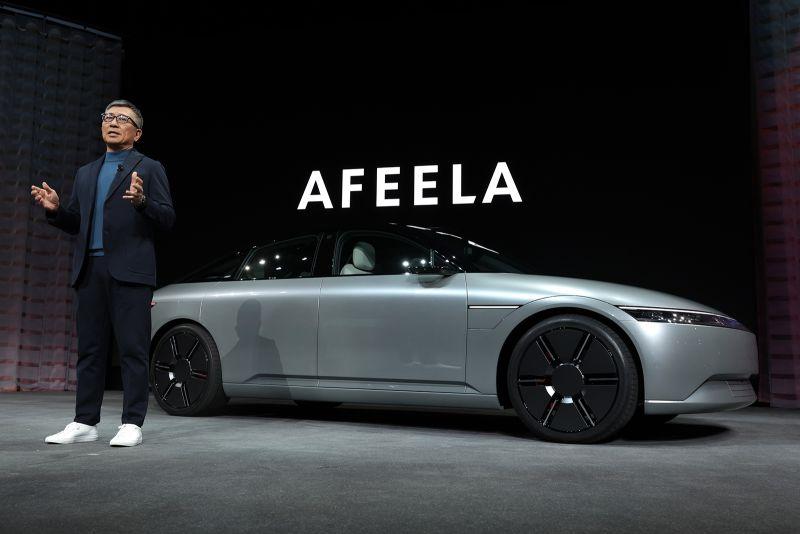CES 2026: How Emerging Technology is Shaping the Year Ahead
An expert breakdown of CES 2026, exploring how robotics, intelligent devices, and next‑gen computing are shaping technology and professional workflows in 2026.

Sony Honda Mobility faces a lawsuit in the U.S. as the California New Car Dealers Association challenges its plan to sell Afeela electric vehicles directly to consumers, claiming it violates state dealership laws.
The electric vehicle (EV) industry has been booming, but not without controversy. Sony Honda Mobility Inc. (SHM), the joint venture between Sony and Honda, is facing a major legal challenge in the United States. The California New Car Dealers Association (CNCDA) has filed a lawsuit against SHM, alleging that the company’s sales strategy for its upcoming Afeela electric vehicles violates state laws that regulate automobile sales.
The lawsuit targets Sony Honda Mobility’s direct-to-consumer sales model. SHM planned to bypass traditional car dealerships and sell Afeela EVs directly to buyers through its online platform. While direct sales have become increasingly popular—thanks to companies like Tesla—California’s dealership laws are strict, and the CNCDA claims SHM’s model violates these regulations.
According to the complaint, California law mandates that new cars must be sold through licensed dealerships, not directly by manufacturers. The CNCDA argues that allowing SHM to operate differently would create an unfair competitive advantage and could disrupt the existing dealership network across the state.
This lawsuit comes at a critical time for Sony Honda Mobility as it prepares for the Afeela EV’s U.S. launch in 2026. The company is positioning Afeela as a premium smart vehicle, designed to compete directly with Tesla, Lucid, and Rivian.
However, if SHM loses the lawsuit, it could be forced to rethink its entire U.S. sales strategy, potentially delaying the Afeela rollout and reshaping its business model. The case could also set a major legal precedent for how EV makers enter the U.S. market moving forward.
The lawsuit has sparked heated debate in the automotive industry:
Sony Honda Mobility has yet to release an official statement on the lawsuit. However, legal experts expect the case to be drawn out over months—possibly years—due to the complex regulatory landscape around EV sales in the U.S.
If SHM wins, it could pave the way for other automakers to adopt similar direct-to-consumer sales strategies, disrupting the dealership model that has dominated the industry for decades. On the other hand, if SHM loses, it may be forced to partner with third-party dealerships, which could increase costs and limit its competitive edge.
This case highlights a larger battle unfolding in the EV industry: traditional dealership models vs. direct-to-consumer innovation. With Afeela EVs on the horizon, the stakes are high for Sony Honda Mobility, California regulators, and consumers alike.
As the case develops, all eyes will be on how the U.S. auto market evolves—and whether tech-driven EV companies will have the freedom to redefine how cars are sold.
An expert breakdown of CES 2026, exploring how robotics, intelligent devices, and next‑gen computing are shaping technology and professional workflows in 2026.
Comprehensive guide to using AI tools for content creation, marketing automation, and audience engagement. Discover practical strategies for SEO optimization, social media management, and maintaining brand authenticity while scaling content production.
TIME Magazine has honored the AI Architects as its 2025 Person of the Year, acknowledging their groundbreaking work that pushed artificial intelligence to the center of global innovation.
